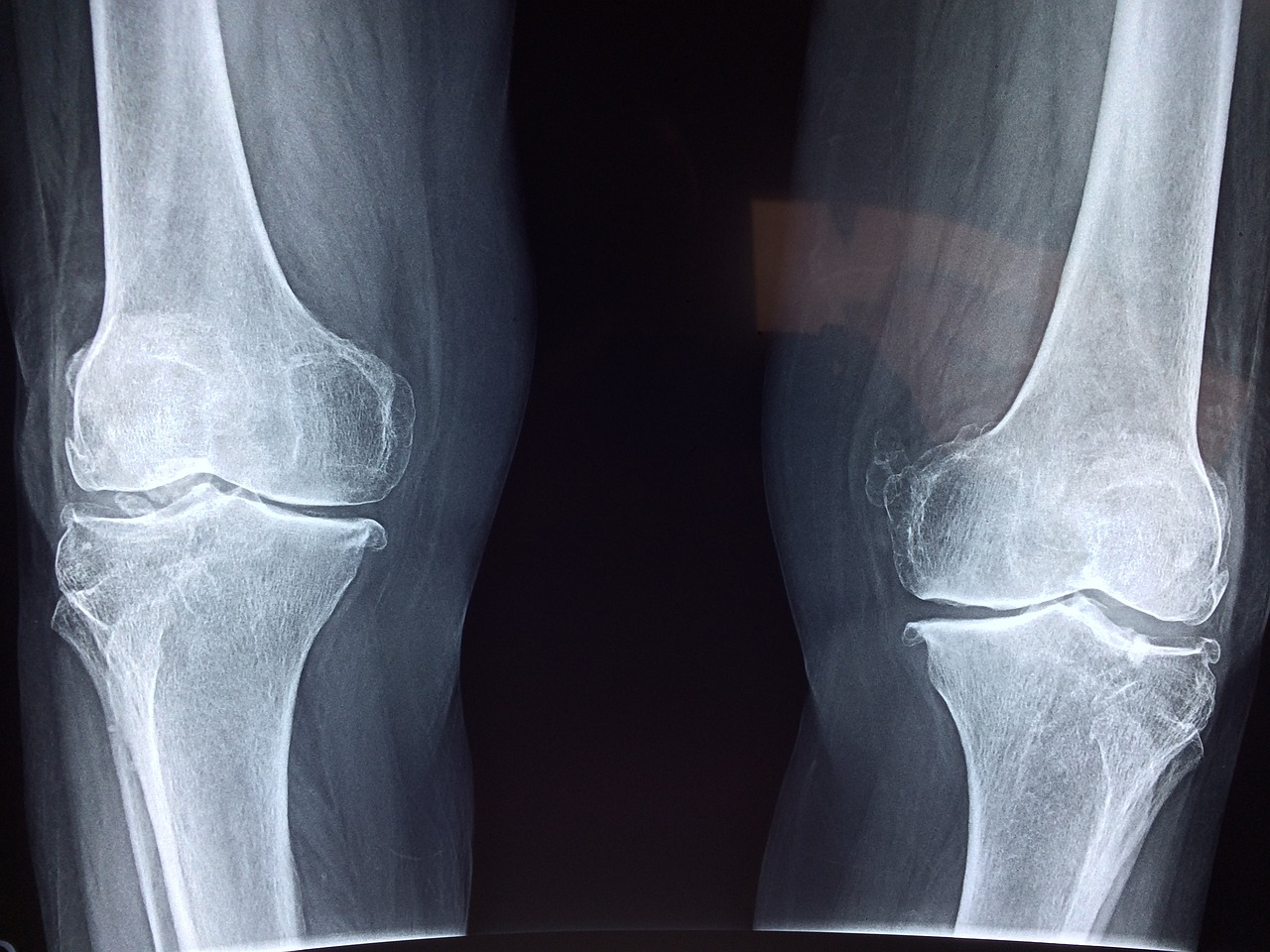Menopause and Bone Health: How to Protect Your Bones Naturally
As you transition through menopause, you might not immediately think about your bone health, but it’s actually a key area to focus on. The drop in estrogen levels during menopause can lead to a decrease in bone density, which increases the risk of osteoporosis. Protecting your bones now is crucial to maintaining strength and preventing fractures as you age.
But don’t worry! With the right diet, lifestyle changes, and natural supplements, you can keep your bones strong and healthy. Let’s dive into the best ways to support your bone health during and after menopause.
Why Does Menopause Affect Bone Health?
Estrogen is essential for maintaining healthy bones. It helps prevent excessive bone breakdown and supports the formation of new bone tissue. During menopause, as estrogen levels decline, bone loss can accelerate. This is why women are at a higher risk for osteoporosis after menopause.
What Happens to Your Bones:
- Bone Density Loss: Without sufficient estrogen, bone tissue starts to break down faster than it’s rebuilt, leading to a loss of density.
- Weakened Bones: As bone density decreases, bones become more fragile and prone to fractures.
While this might sound concerning, there are several natural steps you can take to support bone health during this time.
1. Increase Your Calcium Intake
Calcium is the building block of your bones, and during menopause, your need for calcium increases. A diet rich in calcium is essential to maintaining strong bones and preventing bone loss.
Foods High in Calcium:
- Leafy greens like kale, collard greens, and broccoli.
- Almonds, sesame seeds, and chia seeds.
- Fortified plant milks such as almond milk, soy milk, or oat milk.
Pro Tip: If you’re not getting enough calcium from food, a supplement can help. Most women should aim for about 1,000-1,200 mg of calcium daily, but talk to your healthcare provider for personalized advice.
2. Don’t Forget About Vitamin D
Vitamin D is essential for helping your body absorb calcium and use it effectively. Without enough vitamin D, even a calcium-rich diet won’t be enough to protect your bones. Since it can be difficult to get enough vitamin D through food alone, many people need to rely on sunlight or supplements.
How to Get Vitamin D:
- Spend time in natural sunlight (about 15-30 minutes a day, depending on your skin type and where you live).
- Eat vitamin D-rich foods like fatty fish (salmon, mackerel), egg yolks, and fortified foods.
- Consider a vitamin D supplement—most adults need at least 600-800 IU per day, though some may need more based on their individual levels.
3. Incorporate Weight-Bearing Exercises
Exercise is one of the best ways to strengthen your bones. Weight-bearing exercises are particularly effective because they force your bones to work against gravity, which helps build and maintain bone density. Regular exercise also strengthens the muscles that support your bones, reducing the risk of falls and fractures.
Best Weight-Bearing Exercises:
- Walking or hiking.
- Resistance training with weights or resistance bands.
- Yoga or Pilates, which improve balance and flexibility while strengthening muscles.
Pro Tip: Aim for at least 30 minutes of weight-bearing exercise most days of the week to keep your bones strong.
4. Get Enough Magnesium
Magnesium is often overlooked, but it’s just as important as calcium for bone health. Magnesium plays a role in converting vitamin D into its active form, allowing your body to absorb calcium more efficiently. It also helps maintain bone structure.
Magnesium-Rich Foods:
- Nuts and seeds, especially almonds and pumpkin seeds.
- Spinach, avocado, and dark chocolate.
- Legumes like black beans and lentils.
You can also take a magnesium supplement, but it’s best to consult your doctor to determine the right dosage for you.
5. Try Natural Bone-Boosting Supplements
In addition to calcium and vitamin D, several other natural supplements can help support bone health during menopause:
- Collagen: This protein is essential for maintaining the structure of bones. Collagen supplements can support bone density and strength.
- Vitamin K2: Helps direct calcium to your bones and away from your arteries, where it can cause calcification.
- Strontium: A trace mineral that has been shown to improve bone density and reduce the risk of fractures in postmenopausal women.
Always check with your healthcare provider before adding any new supplements to your routine.
Bottom Line: Protecting Your Bones Naturally
Menopause is a time of change, but with the right approach, you can protect your bones and prevent osteoporosis. By increasing your intake of calcium and vitamin D, incorporating weight-bearing exercises, and supporting your body with magnesium and bone-boosting supplements, you’ll be well on your way to maintaining strong, healthy bones for years to come.
Remember, taking proactive steps now can make a big difference in how you feel as you age. Keep those bones strong, and you’ll stay active and vibrant well into your later years!


